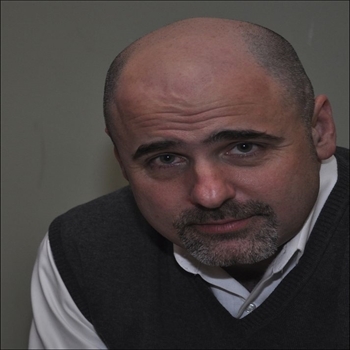With the U.S. recession officially over, cities and regions, including metropolitan Chicago, are confronting a new economic reality. MPC—which, for 78 years, has been dedicated to helping shape a sustainable, prosperous and equitable metropolitan Chicago region—has set forth an ambitious 2012 policy agenda, with tangible ideas to bolster the region’s economy.
MPC’s 2012 Plan for Prosperity: Innovative Solutions for the New Normal identifies 10 policy, planning and development reforms MPC is pursuing in 2012. The 10 reform proposals fall under three major strategies: rethink investment, harness technology, and reward efficiency. For each of the 10 proposals, the Plan for Prosperity provides qualitative and quantitative evidence that change is needed, as well as stories and Q&As that put the proposals in context and provide stakeholder insights.
Over the next few days, The Connector will run a series of posts to highlights sections of the Plan for Prosperity. Today's sneak peek is a Q&A with the City of Chicago's Chief Technology Officer, who explains why technology is critical to a well-planned city and region. To read MPC’s complete 2012 policy agenda, download Innovative Solutions for the New Normal.
John Tolva, Chief Technology Officer, City of Chicago

John Tolva, City of Chicago CTO
How is Chicago using technology to understand how people interact with the built environment, and shape it to serve those needs?
The data we publish at data.cityofchicago.org is a near real-time view of how the city is being used. Building permits, public space maps, pedestrian counts – most “vital signs” like these somehow relate to the built environment. The City of Chicago publishes this data openly both to stimulate use by the public (for example, in mobile application development) and as the foundation of analysis for modeling potential interventions and outcomes.
Give an example of how the city has used data to improve the delivery of services.
First, we make it public to keep residents more informed, and allow them to make better decisions about how they interact with the city. Chicagoans can view performance trends for individual city services at cityofchicago.org/performance to get a sense of average times to completion. They can also use applications developed by the community on top of this data, such as wasmycartowed.com and sweeparound.us. Second, we use the data internally to populate a dashboard of city operations, allowing a single view of historical data and services scheduled for the future.
Data and technology vs. anecdotal evidence and human experience: Which should take precedence in planning?
Neither takes precedence. Data can’t tell you how a place feels. Gut instinct rarely can synthesize all the different factors that determine a place’s success or failure. Planning in the 21st century is the art – and science – of balancing aesthetic, street-level sensibility with data analytics and real-time feedback loops.